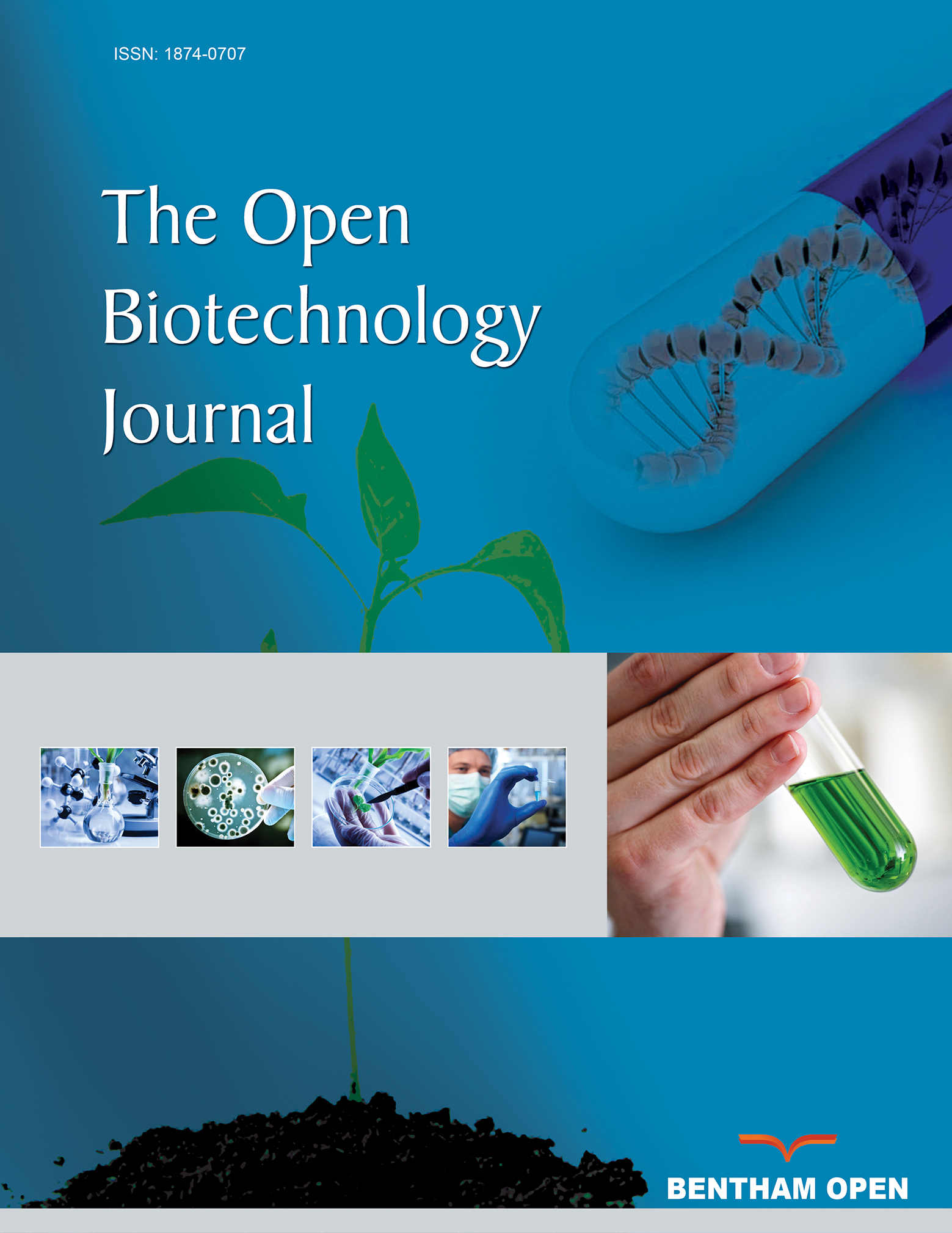All published articles of this journal are available on ScienceDirect.
Effects of Retinoic Acid on Proliferation and Differentiation of HepG2 Cells
Abstract
Hepatoma cell lines have characteristics derived from both their hepatic lineage and their transformation. We examined the potential of retinoic acid to enhance the function of a hepatoma cell line, HepG2, under conditions of reduced serum as are desired for bioreactor cultivation. We found that retinoic acid drastically slows the growth of HepG2 cells and induces a more spread morphology. Retinoic acid also augments the differentiated function of the cells, as measured by albumin and urea secretion rates. Expression levels of a panel of liver-enriched transcription factor were increased from retinoic acid exposure. Overall, we demonstrate that retinoic acid has significant effects on HepG2 growth and differentiated function. These results have implications for the use of retinoic acid both as a chemotherapeutic agent and as a medium component for cells of hepatic origin.


